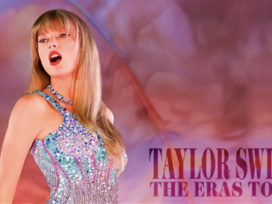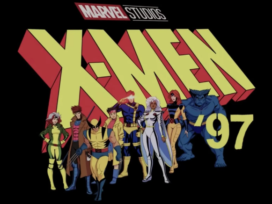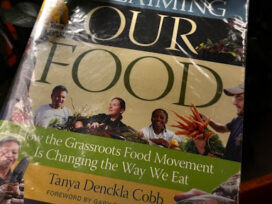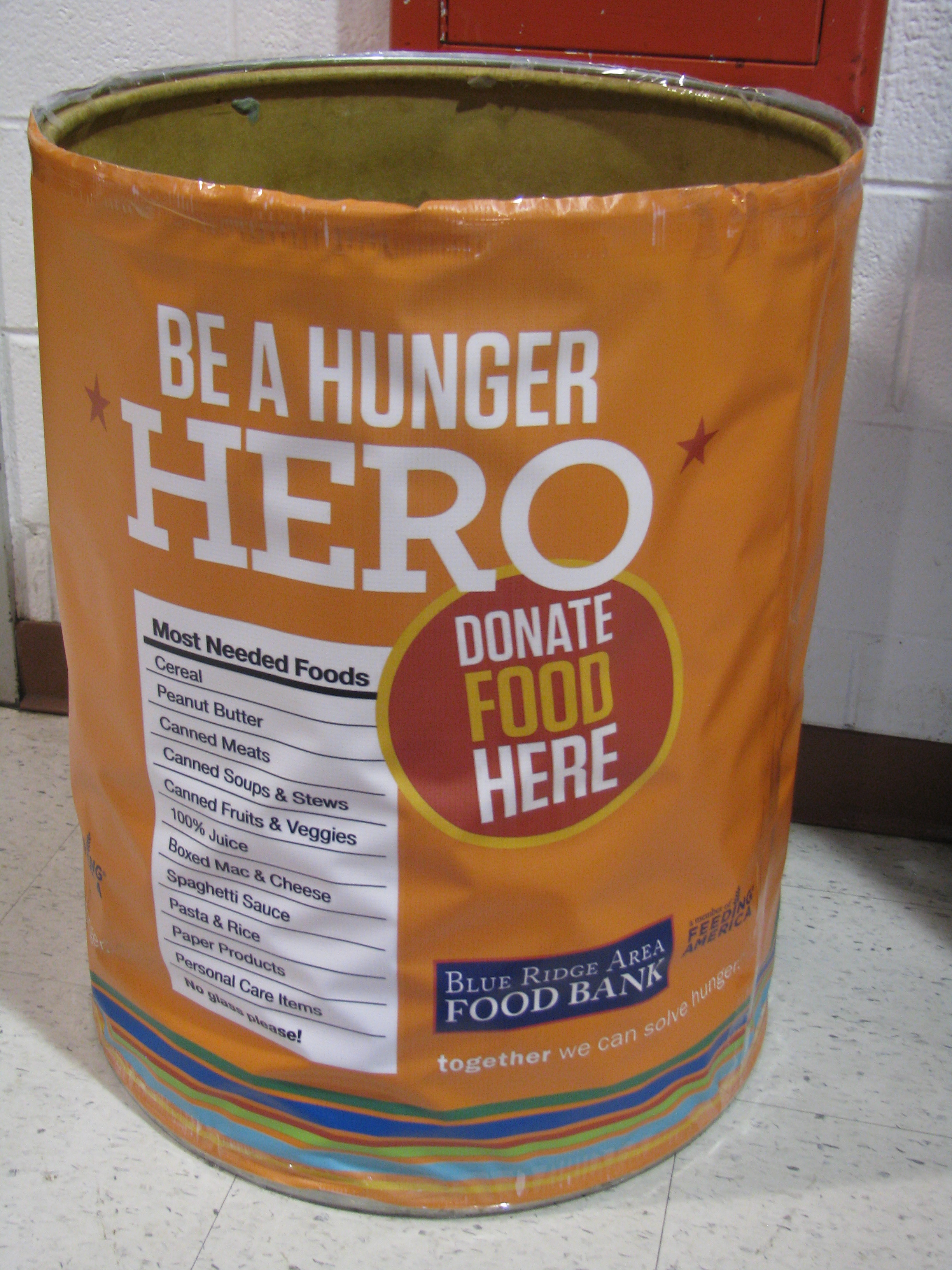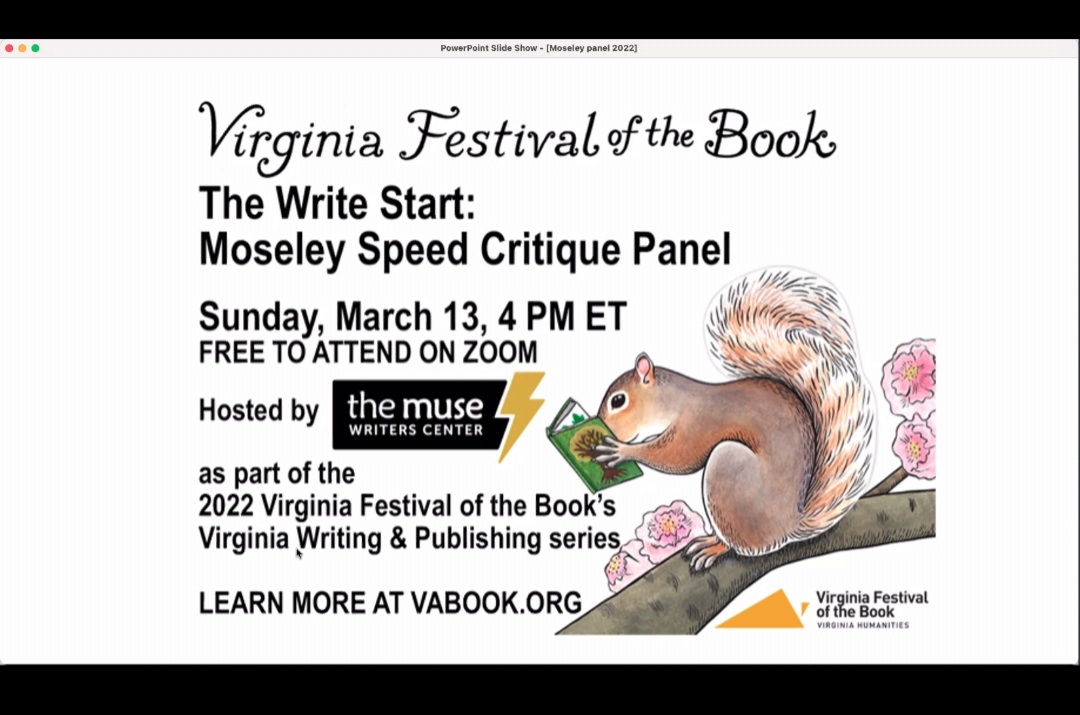
A Writer’s World: What Makes or Breaks a Book?
Many people discard a book if they are not drawn in by the first chapter or an article if the first couple of paragraphs are boring. Those first words stalking across the page are what sets the tone for the rest of the piece and what draws the reader in or makes them sigh and put the book back down.
This was the topic of discussion for “The Write Start: Moseley Speed Critique Panel” on March 13 from 4-5 p.m. over Zoom. It was a free event for writers of all levels. The panel took writing submissions from the first 100 words of developing writers’ works to discuss what was done well and what needed to be improved upon.
The panel was led by Susan Deutsch, the program manager at The Muse Writers Center, with four panelists: Deborah Prum, an award-winning writer whose writings air on NPR; Betty Joyce Nash, who has published fiction and journalism pieces and works at Writer House Inc., a local writing organization; Jody Hobbs Hesler, who also works at Writer House Inc. and has work published in the Los Angeles Review; and Meredith Cole, who writes both shorter and longer pieces and was nominated for an Agatha award.
The clips of stories that were sent in varied greatly from someone watching a Halloween event, kids running through the woods, an insect-like creature talking about “the human purge,” to someone talking about chewing tar as a child. The styles of writing changed like the settings and the characters from one piece to the next.
The panelists discussed 16 pieces in the hour they had. But they could not cover all the works that had been submitted. Prum said, “about 84% more [participants] than last year” submitted pieces to be critiqued. The panel sent critique and encouragement over email to everyone who submitted their work.
There were several common comments the panelists made. They told people to get rid of all cliches unless completely needed and cut out all the unnecessary words like were’s, really’s, and was’s. “Make every word work,” said Prum. They also repeatedly stressed to not tell the reader what happened instead encouraging people to show the reader. This includes the character’s surroundings and the five senses which makes scenes more real and vibrant. They also said not to hide whose point of view the reader was seeing from. They emphasized that the reader wants to be grounded at first.
They gave more specific advice for writers as well, like instead of having dialogue tags (who said what) people can have a character doing a chore to mark who they are. In one story, they talked about if an unreliable narrator is present the reader has to be “confused with her instead of by her.”
This panel is part of the Virginia Festival of the Book, as a program of Virginia Humanities and the University of Virginia, and has reoccurred annually for over 20 years. This year events are both in person and online. Most events for the Virginia Festival of the Book are free but donations are welcome to help support and keep the festival going. More information about the festival can be found at their website https://www.vabook.org/.
The panel was also hosted by the Muse Writers Center, a nonprofit organization in Norfolk, Virginia. It offers classes and hosts writing events. You can find them on their website at https://the-muse.org/.
The event showed many styles and different personalities in the pieces even though they were only 100 words long. The panelists gave much feedback, but they also encouraged the writers whose submissions they scrutinized. C. S. Lewis, a famous author, once said, “You can make anything by writing.”

